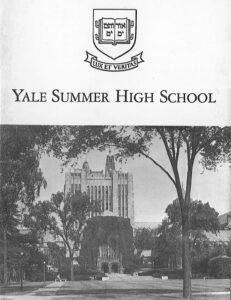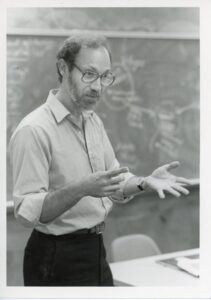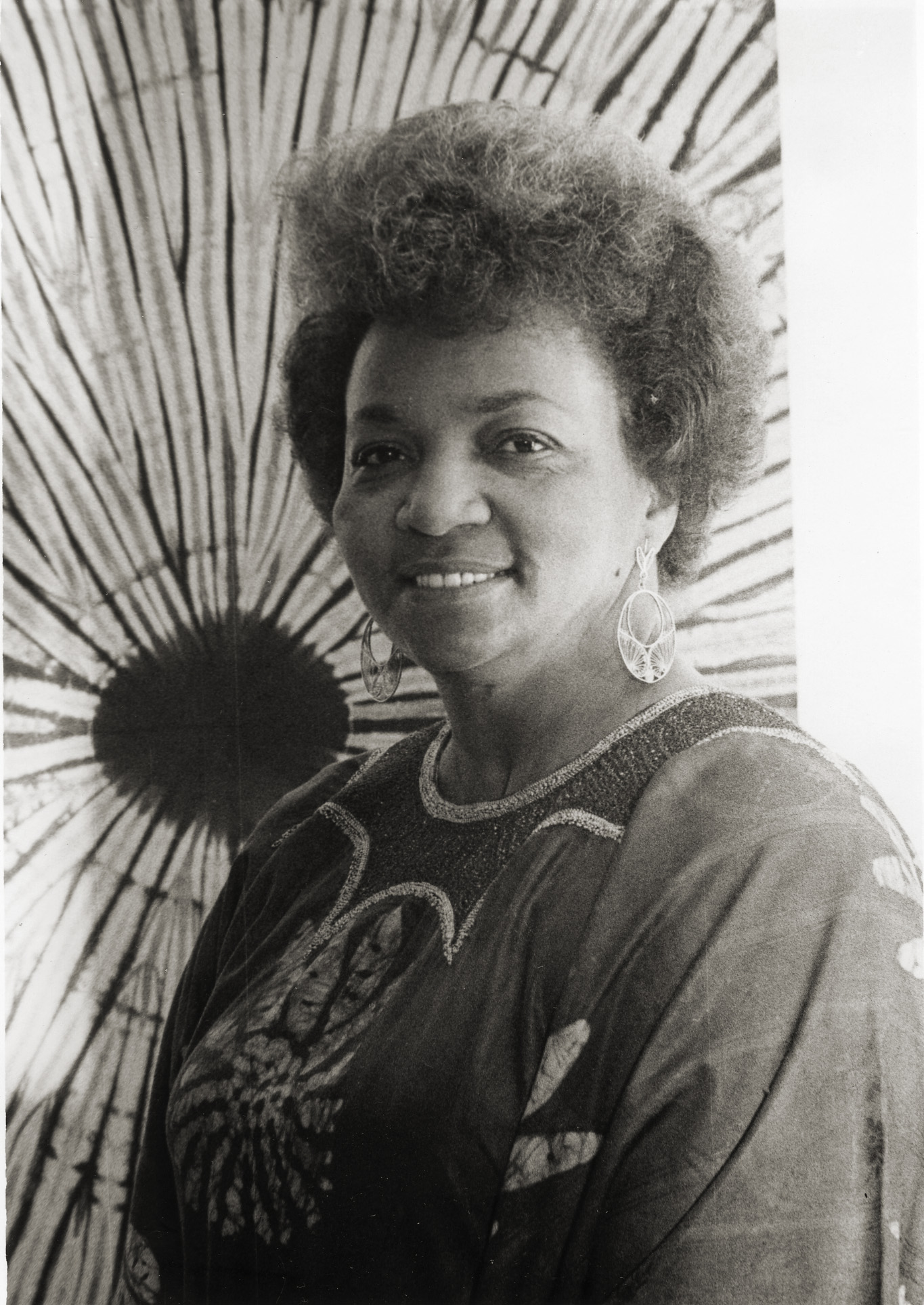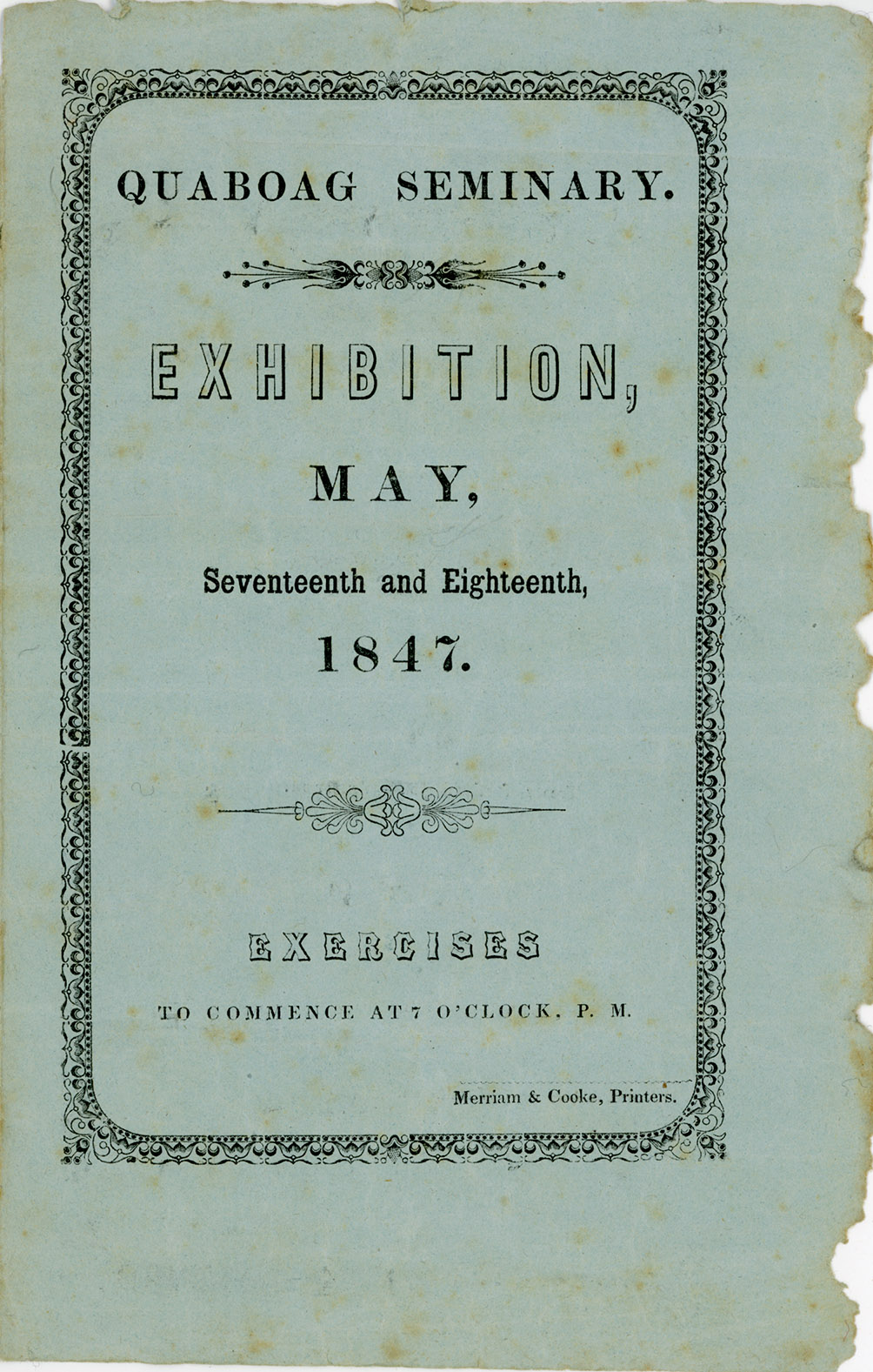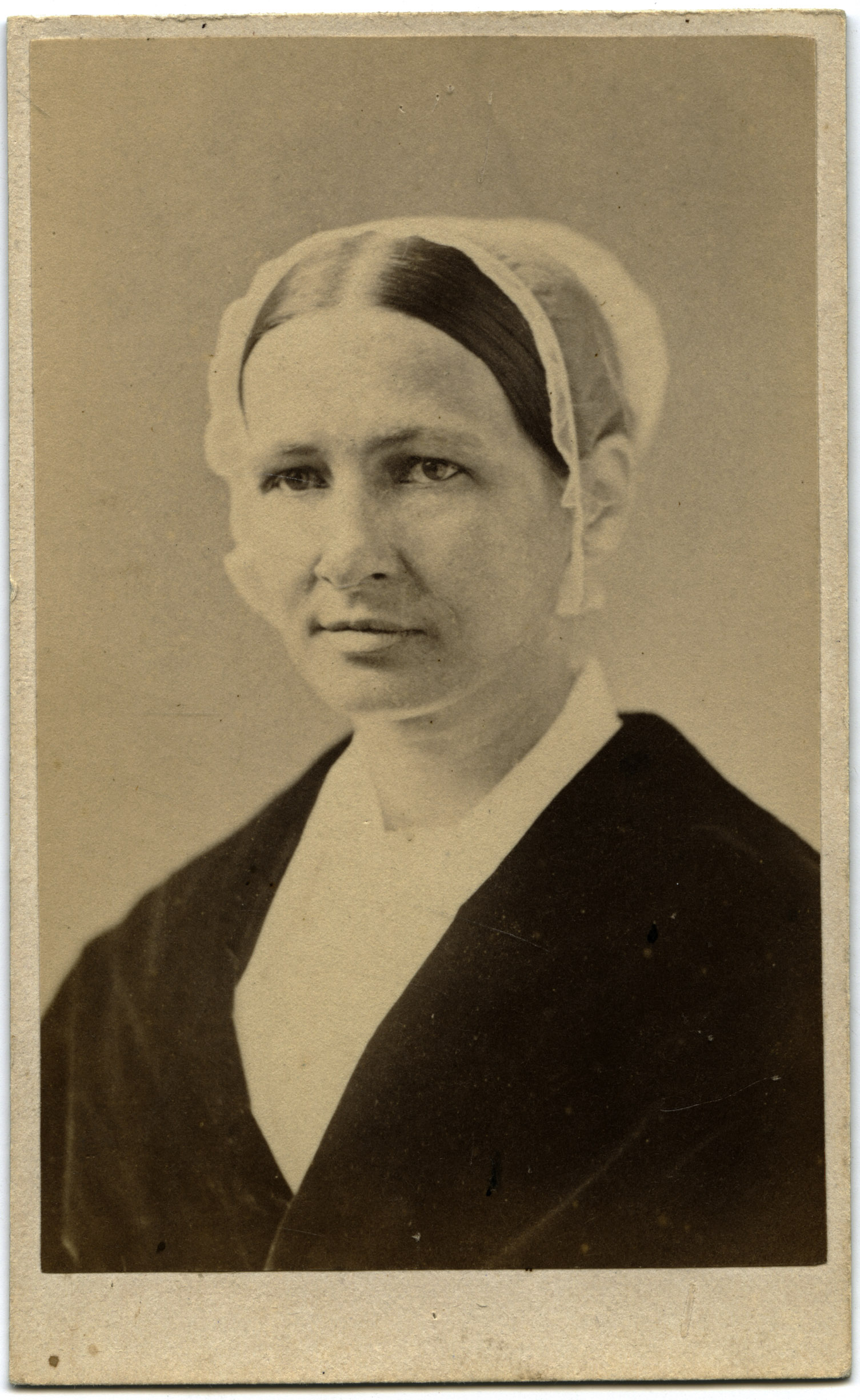Larry Paros Papers
The educator and writer, Lawrence “Larry” Paros was born in Springfield, Mass., in 1934. After undergraduate work at UMass Amherst (1958), Paros earned his masters degree from Yale in American Diplomatic History and Russian Studies, and began teaching high school in Connecticut, where he became a lightning rod for promoting discussions of the Vietnam War among his students. The Yale Summer High School came calling in 1967, giving Paros the reins to a three-year old program that brought underprivileged youth from across the country for rigorous pre-collegiate study at the Yale Divinity School. Begun as a progressive response to the federal “War on Poverty,” Paros soon sought to move the school in a more radical direction. Along with a small group of concerned educators, he redesigned the curriculum to deal directly and deeply with the most challenging contemporary issues in America and to address fundamental questions about the human condition, race, and the future of the country. Paros subsequently founded and led two experimental schools in Providence, R.I., and has written prolifically on topics ranging from education to etymology.
The Paros papers are the product of an innovator in alternative education and a advocate for social justice, and are particularly rich in documenting the efforts of educators in the 1960s and 1970s to make education relevant to contemporary students. The collection includes a rich record of Paros’s brief time as director of the Yale Summer High School (YSHS), including organizational, pedagogical, and administrative documents, dozens of photographs, and an important set of DVDs and transcripts of interviews with former students, teacher, and administrators from the 1968 cohort, recorded for the film Walk Right In. Paros’s work in alternative education is also well represented, with materials from his two schools in Providence (School One and the Alternative Learning Project).


